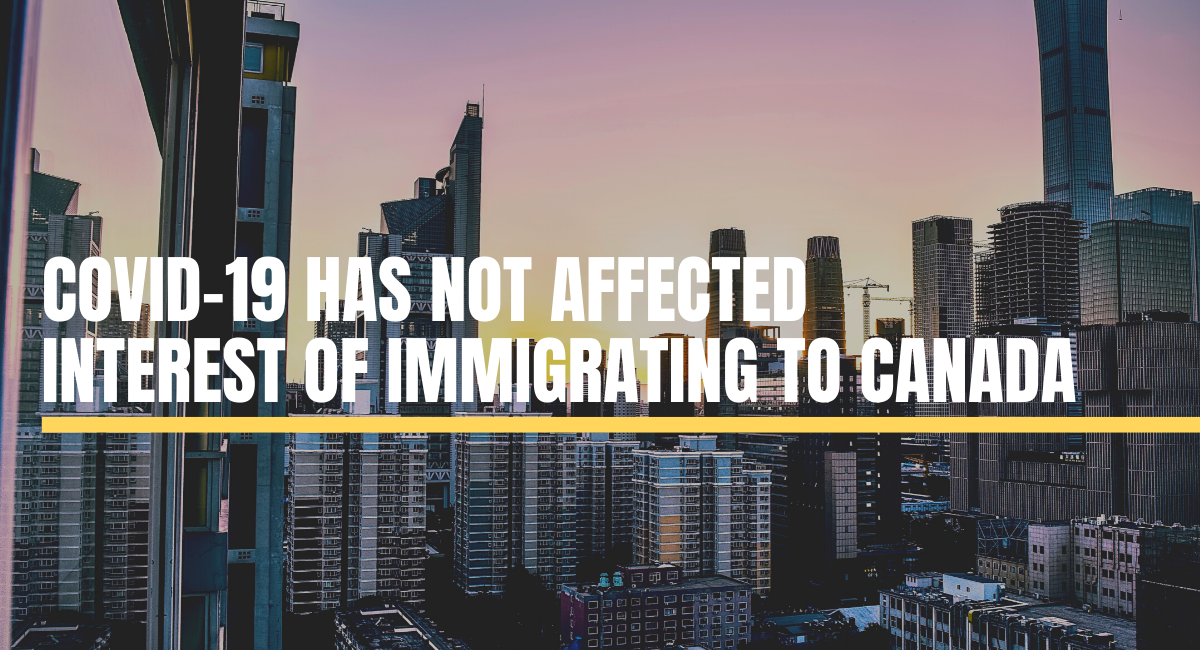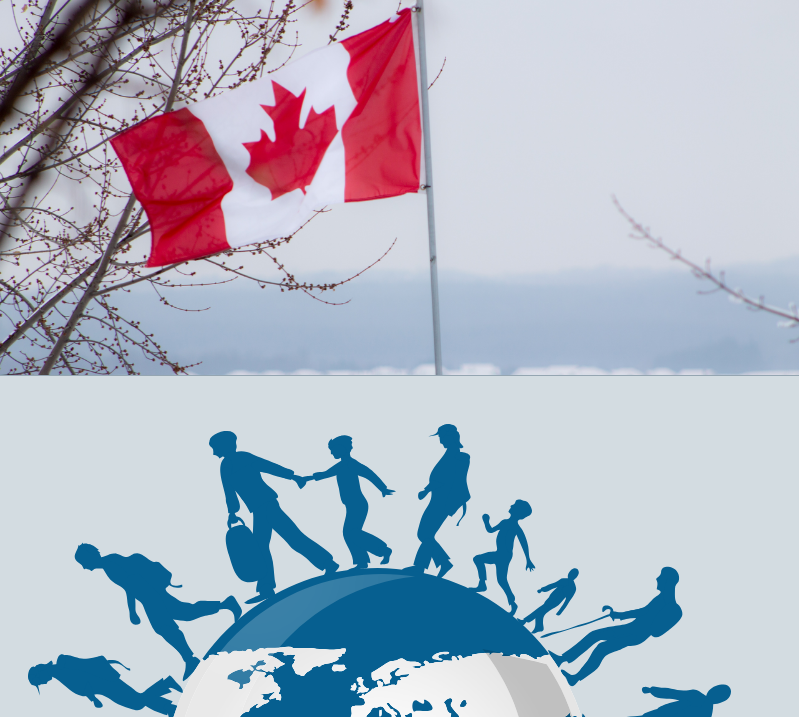COVID-19 pandemic has not affected the interest of most prospective immigrants to Canada. Prospective immigrants still expect that Canada will endure less economic hardship than their own country.
World Education Services (WES) conducted a survey from April 15 to 21 to understand how COVID-19 has affected the intentions of prospective Canadian immigrants. The non-profit credential evaluation provider collected survey results from their clients, most of whom are in the pre-arrival phase and are on track to immigrate to Canada.
Of the 4,615 people who responded to survey, 38% say they are more interested in immigrating to Canada, 57% say that the pandemic does not impact their interest, and 5% say they are less interested. Among respondents from several countries (the Philippines, China, and Nigeria), more than half of prospective immigrants are, in fact, more interested in immigrating because of the pandemic.
All the respondents were outside of Canada at the time when the survey was conducted. More than half of the people surveyed from the Philippines (64%), China (64%), and Nigeria (58%) said they are more interested in immigrating to Canada because of COVID-19. There was largely no impact on the desire to immigrate to Canada for respondents from Pakistan (58%), the U.K. (59%), the U.S. (57%), India (64%), and France (73%).
Respondents who reside in India, the largest source of economic immigrants to Canada through the Express Entry program, had somewhat fewer negative expectations of the economic impact on both Canada and their home country. However, an equal percentage expected a negative impact on jobs in their sector or occupation in India and in Canada. Just over half (52%) of prospective immigrants do not expect COVID-19 to impact their ability to pay for the costs of immigrating to Canada; however, more than a third (35%) do expect it to negatively impact their ability to pay the costs.
At the same time, more than a third of respondents (39%) say that personal and/or familial economic hardships would, in fact, make them more interested in immigrating. An economic recession (50%) or a decrease in the number of jobs in their occupation or sector (43%) in their home country would make many potential immigrants more interested in immigrating.
However, almost a third (31%) reported that a decrease in the number of jobs in their sector/occupation in Canada would make them less interested in immigrating. While just over a third of respondents are considering delaying immigration to Canada, only 7% are considering immigration to another country. Among the 35% who are considering a delay, the top reasons are risks of travel, travel restrictions, a potential recession in Canada, and a decrease in the number of jobs in their occupation or sector in Canada.
Need help staying in Canada!
The COVID-19 pandemic has led to challenging times in Canada and around the world. Many people are under distress and anxiety. We understand! Can-X is here to help you figure it out, so you can have peace of mind. You could be an international student, worker, or visitor looking to extend your stay in Canada. You may be seeking a pathway to permanent immigration. Or you may be looking to reunite with a loved one. Whatever the reason, contact us to discuss your immigration needs, and we’ll provide our insights and help as much as we can during these difficult times.
We Care!





